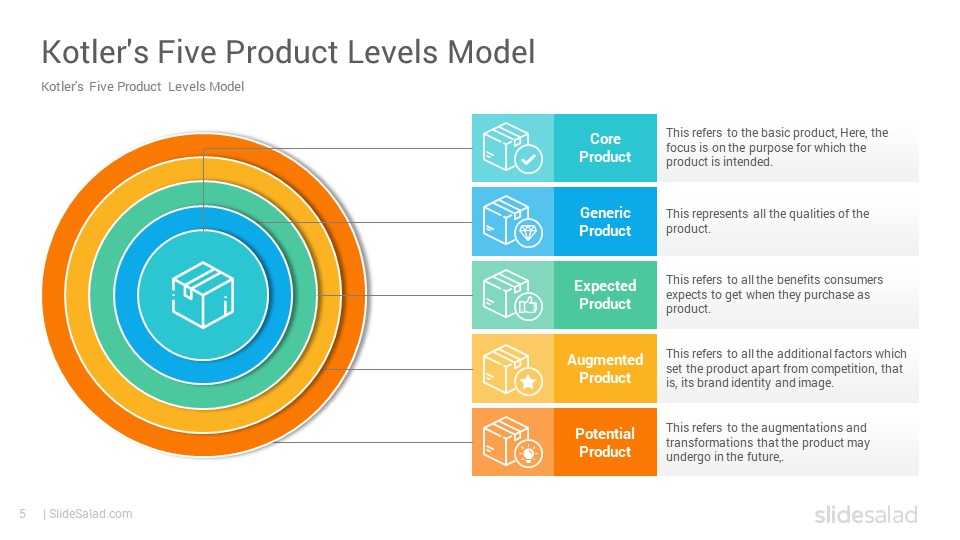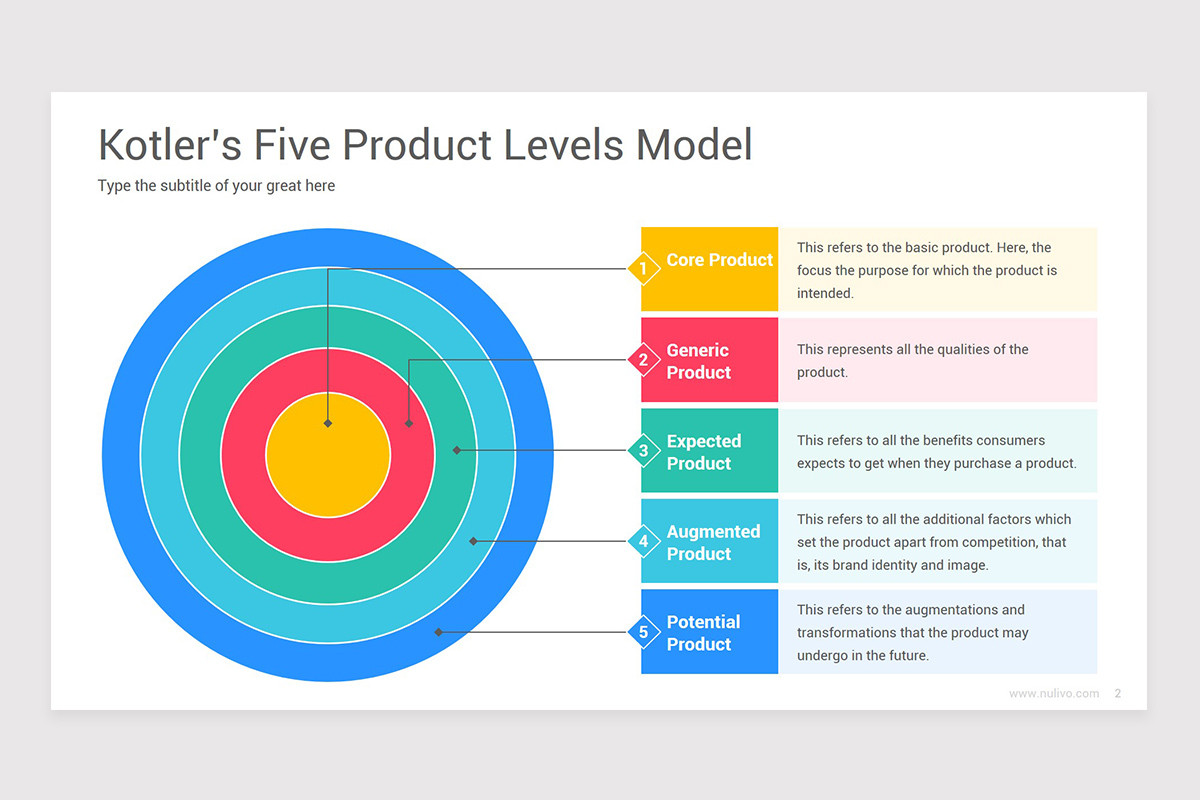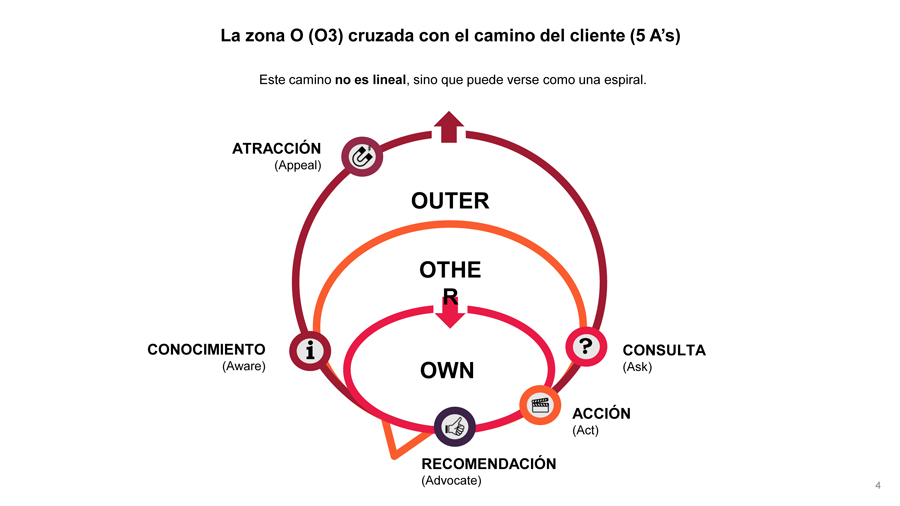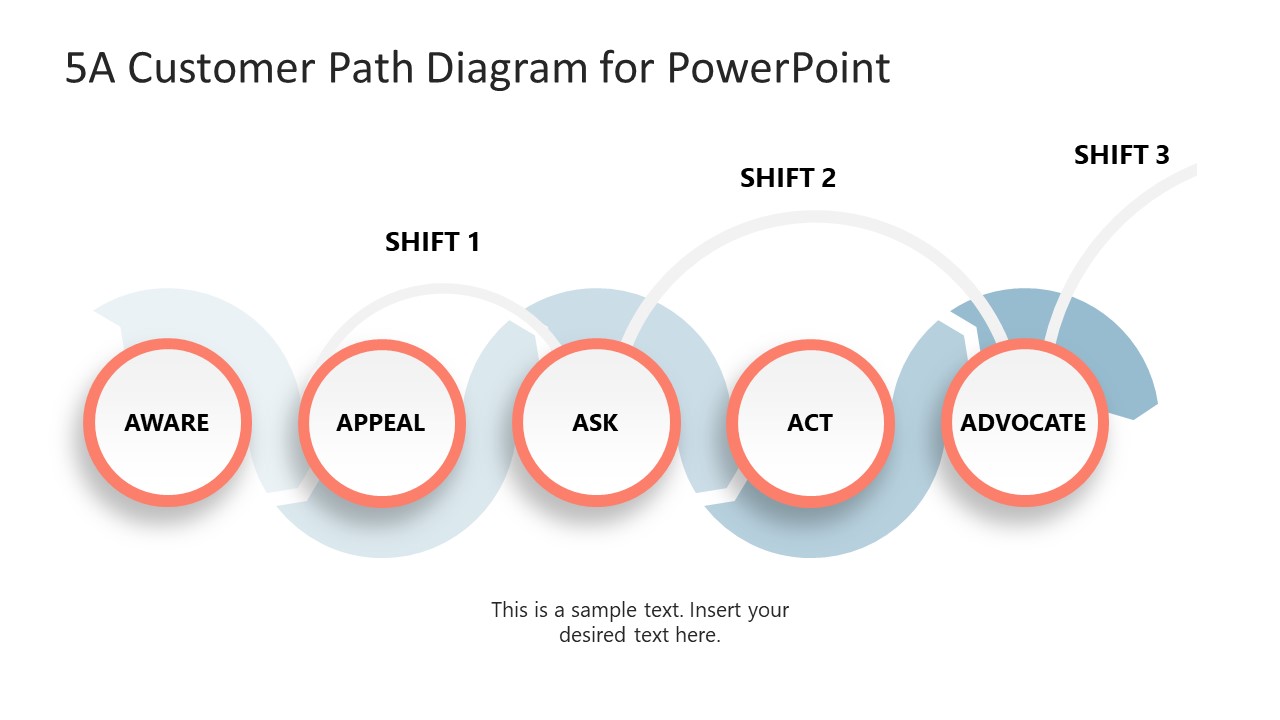
😍 Five stages of perception. The five stages of perception. 20221107
Marketing does not stand still, like the whole world, it is constantly changing and adapting to the environment. Philip Kotler, Hermawan Kartajava,. They named this model the 5A Customer Path. The 5A customer Path is the path that customers take when they buy and consume goods and services in the digital world. 5A's Customer Path.

The Modern Way of Defining Consumer Journey! by Tejas Adgaonkar Medium
Kotler's five levels of the product model are customer focused. When businesses create products that are used and admired by customers creates trust and loyalty. Customers perceive such brands as valuable and frequently purchase them with a positive perception. It ultimately generates more sales, equity, and brand worth.

15th edition of 'Marketing Management' by Kotler, Keller and Opresnik now available • Opresnik
Key Takeaways The Kotler 5A Model enhances marketing strategy and improves customer journey. The 5 A's framework helps guide customers through their journey and enhance their experience. Tailoring messaging to address customer concerns establishes credibility and trust. Building customer advocacy and loyalty is essential for long-term success.

Kotler’s 5A Model Content Marketing For Each Stage Beyond The Panorama
Philip Kotler Northwestern University Gary Armstrong University of North Carolina A01_KOTL6590_18_SE_FM.indd 3 11/13/19 8:42 PM.. Model of Consumer Behavior 132 Characteristics Affecting Consumer Behavior 133 Cultural Factors 133 | Social Factors 137 | Personal

ส่องกลยุทธ์ 5A กับ New Customer Path
What are Kotler's 5A's? Kotler's 5A's of the customer path is a framework that uses 5 stages to map a customer's journey through the sales process, to allow marketing and sales.

Notite de la Marketing 3.0 cu Philip Kotler
Jan 02, 2024. CPE Self-study. Transformative Skills Pack - Digital Mindset. Online. $0 - $290. This site is brought to you by the Association of International Certified Professional Accountants, the global voice of the accounting and finance profession, founded by the American Institute of CPAs and The Chartered Institute of Management.

The "5As" SelfManagement Model Download Scientific Diagram
According to the results obtained, Kotler, Kartajaya, and Setiawan (2017)'s 5A (Awareness, Appeal, Ask, Act and Advocacy) model, developed instead of the AIDA (Attention, Interest, Desire and Action) model, consisting of aware, appeal, ask, act, and advocacy stages can be proposed as an important model that can integrate the developments in the.

¿Qué es el método de los 5 porqués y por qué es importante para desbloquear la creatividad en
Kotler's five product levels model, or Kotler's Model, is a method developed by economist Philip Kotler to help salespeople assign and assess how a product can appeal to customer. Specifically, it differentiates between a customer's wants, needs and demands. Here's how Kotler's model defines each category of value for products:

Oshrat Kotler strikes again "The pictures from Ukraine are of vaccine opponents" Israel today
The 5As in the marketing model stand for: Awareness Appeal Ask Act Advocacy These five elements together define the different levels of the purchase funnel and the different stages of the purchase journey of any potential app user or consumer. Suggested Read: Unleash the power of AIDAR model to promote your mobile app

Kotler's Five Product Levels Model PowerPoint Template SlideSalad
Named by Dr. Philip Kotler, the five stages (Awareness, Appeal, Ask, Act and Advocacy) allow marketing and sales professionals to create a map of the customer's needs and priorities during the different parts of their purchase process. Stages of Kotler's 5 A's of the customer path

What is Marketing Mix? The 4Ps & 7Ps Of Marketing Explained (2022)
In the 5As Customer Framework, each 'A' is a journey stage represented by Aware, Appeal, Ask, Act, and Advocate. 5As Customer Framework Marketing Model. Aware - this is the entry point for the consumer. Consumers become Aware of your brand and your Solution (and those of other vendors), through a variety of means such as traditional.

Customer Journey เครื่องมือการตลาด เพื่อทำความเข้าใจลูกค้าอย่างตรงจุด
Customer journey typology defined the ideal bow-tie 5A model Marketing 4.0 simplified the customer journey and summarized it into a general 5A (A1 = Awareness, A2 = Appeal, A3 = Ask, A4 = Act, A5 = Advocate) framework, classifying various industries into four patterns: ①doorknob type, ②goldfish type, ③trumpet type and ④funnel type.

Kotler's Five Product Levels Model Google Slides Template Nulivo Market
Kotler's 5 A's of a Customer Path (Journey) in the Connected Era. In the past, the customer journey used to be described using following 4 A's:. ⇒ Do you think Kotler's 5 A's Model captures the essence of the stages of a customer path in the digital age? Sources: Philip Kotler, Hermavan Kartajaya, Iwan Setiawan, (2017). "Marketing 4.0.

Las nuevas 5 A’s y la zona “O” (O3) de Philip Kotler o el nuevo marco del Marketing 4.0 en la
The model is based on Kotler's earlier research, and on a 1980 Harvard Business Review article by Theodore Levitt. The model highlights five ways that you can add value to a product. The higher up the levels you go, the more value you provide to customers, the more you will exceed their expectations, and the more you will differentiate your.

5A Customer Path Diagram for PowerPoint SlideModel
What is Age of Connectivity in Kotler's Marketing 4.0? How the 5A customer journey has changed The customer journey up to 4A is now redefined to accommodate the changes created by connectivity. In other words, it reflected the impact caused by the Internet-connected age.

5 The New Customer Path Digital Entrepreneur
Kotler's 5 A's of Sales Marketing: Definition and Tips Indeed Editorial Team Updated March 10, 2023 Developing an effective sales strategy often requires consumer research, marketing analytics and a framework that organizes the customer's needs by their place in the sales process.